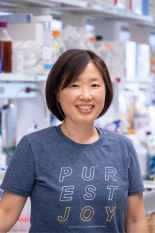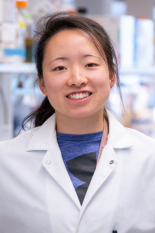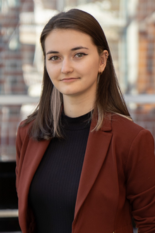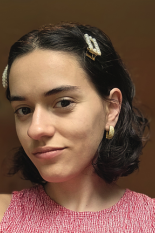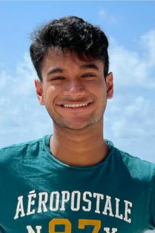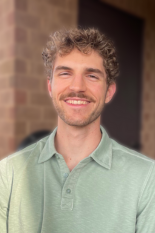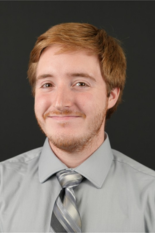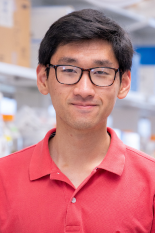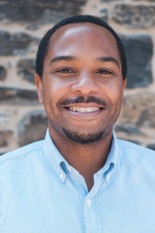News Story
Fischell Institute Spotlight: Sunandita Sarker
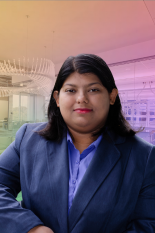
Sunandita Sarker is a second-year postdoctoral researcher in Fischell Institute Fellow Ryan Sochol'sBioinspired Advanced Manufacturing (BAM) laboratory.
Sarker was inspired to attend the University of Maryland for her postdoctoral research for its fantastic mechanical engineering program, especially in additive manufacturing. She was curious about Sochol's research and the opportunity to work with him to create novel biomedical devices.
"Working in the BAM Lab has been an incredibly enjoyable experience," Sarker said. "Dr. Sochol is an exceptional mentor, providing guidance and support to his students and postdocs with great care and dedication."
Sarker noted that the lab environment is highly supportive, fostering a collaborative and innovative atmosphere. Team members are passionate, driven, and eager to explore cutting-edge research in additive manufacturing. The culture within the lab has significantly enhanced her experience.
Currently, Sarker is working at the intersection of micro/nanoscale engineering and advanced additive manufacturing techniques to solve mechanically and physically complex biomedical device challenges.
Her recent work involves developing advanced manufacturing strategies based on the use of the 3D nano-printing technology. That work includes Two-Photon Direct Laser Writing (DLW), which enables novel classes of microneedle arrays that can be interfaced with nano injectors for stem cell therapies that hold distinctive promise for treating neurodegenerative diseases.
Sarker is also working on creating a DLW-based strategy for 3D nano-printing microinjection needles with unique, anti-clogging architectures and investigating their efficacy for embryo microinjections.
"What excites me the most about my work is the multidisciplinary aspects that allow me to collaborate with a diverse team," she said.
After her postdoctoral research, Sarker would like to join academia as a tenure-track faculty member. Her long-term career goal is to collaborate with pharmaceutical, biomedical, and healthcare industries to chart a "bench-to-bedside" path for creating novel systems that achieve higher efficacy levels and patient compliance and ultimately enhance human lives.
As a member of the LGBTQ+ community, Sarker feels that all fields, including STEM, benefit significantly from diverse perspectives, and the presence of queer individuals can contribute to positive change and innovation.
She recommends that younger queers "embrace your identity and don't be afraid to bring your whole self to your STEM journey." Sarker also encourages others to seek out LGBTQ+ organizations or support networks to find resources, mentorship, and guidance.
For as long as Sarker can remember, she has been fascinated by STEM. "I got more excited about the problem-solving aspect of engineering and its applications and then chose to pursue mechanical engineering," she said.
Sarker received her bachelor's degree in mechanical engineering from the Bangladesh University of Engineering and Technology, Bangladesh's highest-ranking engineering school. She received her Ph.D. from the University of Nebraska-Lincoln, a school that features strong medical robotics research within its mechanical engineering department.
Outside of the lab, she enjoys traveling to coastal destinations and spending quality moments with her family and friends. She also enjoys “cooking up a storm” and experimenting with gourmet food.
Published June 28, 2023

